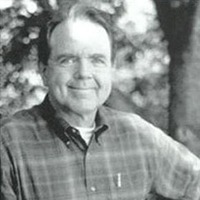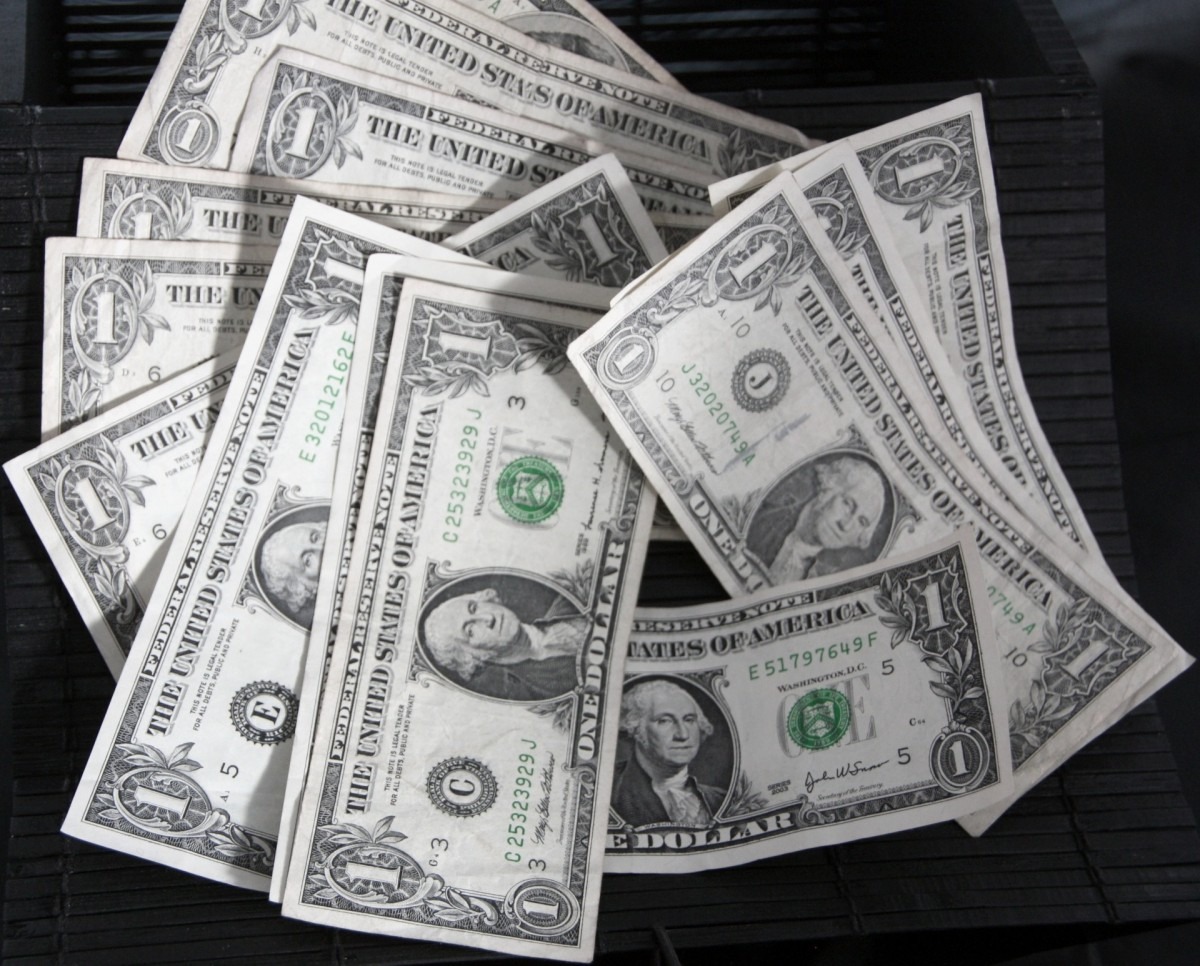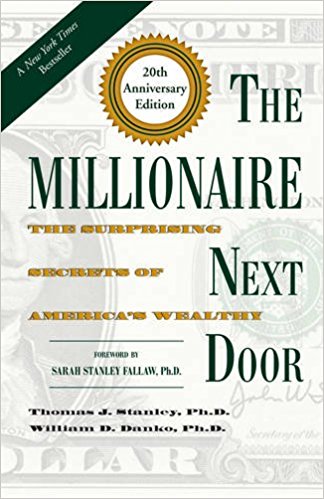The Millionaire Next Door Summary
7 min read ⌚
 The Surprising Secrets of America’s Wealthy
The Surprising Secrets of America’s Wealthy
You want to someday be a wealthy person who’ll live in an affluent neighborhood and drive a Rolls Royce?
Nice dream you have there! But how can you be sure that you’re doing the right things to turn it into reality?
Well, join Thomas J. Stanley and William D. Danko to meet “The Millionaire Next Door” and learn a trick or two.
Who Should Read “The Millionaire Next Door”? And Why?
Judging by its title, “The Millionaire Next Door” may sound like one more in the long line of think-and-grow-rich one-advice-fits-all books. And if you add to this the fact that, actually, it is just one more book in a series of related similar studies by Stanley – which extends the “Affluent” series (“Marketing to the Affluent,” “Selling to the Affluent,” “Networking with the Affluent”) and includes “The Millionaire Mind” and “Millionaire Women Next Door” – you can be excused for thinking right off the bat that you may be better off without ever opening this book.
However, you’ll be wrong!
Thomas J. Stanley is a serious financial theorist, and “The Millionaire Next Door” is everything the think-and-grow-rich books aren’t. in fact, at one point, the authors even explicitly state that they are offended by authors who say something along the lines” Just buy my educational/study-at-home kit, and your new business venture will be a success.”
Because, in Stanley’s and Danko’s opinion, such things just don’t exist. And “The Millionaire Next Door” is more of a sociological study than a get-rich manual. Using real-life data and examples, it analyzes the habits of the wealthy and wheedles out their common attributes, practices, and ways of life. So, the book, in essence, should be much more interesting to social scientists who study affluent people than the regular Joe, right?
Well yes – and no.
Because if it’s its wealth of real-life cases which makes “The Millionaire Next Door” a social scientist’s wet dream, it’s the conclusions which give the book its popular appeal. After all, if you investigate the habits of a thousand millionaires and see what they have in common, you can always reverse engineer the equation.
But, “The Millionaire Next Door” will not be attractive merely to people who want to adopt the lifestyles of the rich and famous to become part of them. It’s also about the rich and famous. So, if you are one of them, this book may feel like a great helping hand in your struggle to hold on to your money and your status.
About Thomas J. Stanley and William D. Danko
 Thomas J. Stanley was an American business theorist and author of seven bestselling books.
Thomas J. Stanley was an American business theorist and author of seven bestselling books.
Among them: “The Millionaire Mind” and “The Millionaire Next Door.” He died in an accident caused by a drunk driver in 2015.
Find out more at www.thomasjstanley.com.
 William D. Danko is the co-author of “The Millionaire Next Door” and a Professor of Marketing at the School of Business at the State University of New York in Albany.
William D. Danko is the co-author of “The Millionaire Next Door” and a Professor of Marketing at the School of Business at the State University of New York in Albany.
He has also co-written “Richer Than A Millionaire” with Richard Van Ness.
“The Millionaire Next Door PDF Summary”
You may think that becoming a millionaire is something rather impossible. However, in “The Millionaire Next Door,” Thomas J. Stanley and William D. Danko reveal that it’s not even difficult.
You just need to follow a certain set of rules.
Start with separating the facts from the fiction. Ousting the fantasy of the luxury-loving Gatsby who spends thousands of dollars in a single day is step one of the “crack the code to wealth” mission.
Simply put, the majority of millionaires are actually modest.
That’s how they became rich in the first place, in fact. For every 100 millionaires who are reckless, there are at least 120 who are careful with their budgets!
Saving for retirement and avoiding to spend money on things you don’t actually need is such a commonsense strategy because it has worked for many.
In fact, self-made millionaires are not in it for the money in itself; they just want to be financially independent.
And financial independence doesn’t mean driving a Rolls Royce. It means being able to maintain your lifestyle even after you retire.
Think of it this way: even if you manage to earn a million dollars, buying a Rolls Royce will cost you about a third of that. And, as Shaquille O’Neal would tell you, buying three cars in a day may even result in a call from the bank!
Millionaires, however, are usually much more clever.
First of all, they don’t live in a status neighborhood and would never buy a Rolls Royce to be the center of attention. Instead, they usually spend their money investing.
Moreover, investing the Warren Buffet way. In other words: only in spheres, they understand.
One mistake millionaires can sometimes make is spoiling their children.
This results in some devastating statistics: almost half of the wealthy Americans send their adult children at least $15,000 yearly!
The problem, however, runs much deeper. These adults don’t know how to take care of themselves, because, as children, they were catered to and mollycoddled.
So, they usually become the irresponsible millionaires. The self-made ones – know full well that money doesn’t grow on trees. And that, as they say, “money saved is money earned.”

And, in general, all of them share these seven traits, or as the authors of this book say, “common denominators.” No point in beating around the bush anymore: here they are – and in the words of the authors.
So, what do the wealthy do to become wealthy?
1. They live well below their means.
2. They allocate their time, energy, and money efficiently, in ways conducive to building wealth.
3. They believe that financial independence is more important than displaying social status.
4. Their parents did not provide economic outpatient care.
5. Their adult children are economically self-sufficient.
6. They are proficient in targeting market opportunities.
7. They choose the right occupation.
Key Lessons from “The Millionaire Next Door”
1. If You Want to Get Rich – Just Spend Less Than You Earn
2. Status Items Are for Showoffs
3. Calculate if You’re a UAW, AAW or PAW
If You Want to Get Rich – Just Spend Less Than You Earn
There’s a formula for success, and it’s fairly simple: “a penny saved is a penny earned.” Or, in other words: if you spend less money than you earn, your net worth will increase over time.
And if you plan it well enough, by the time you reach your retirement age – you may be a millionaire even on an average income.
Status Items Are for Showoffs
Buying status items is a big “no-no” for most self-made millionaires. After all, if you’re spending your money on something you don’t need, how are you going to earn the money for the things you need it?
In “The Millionaire Next Door,” Thomas J. Stanley and William D. Danko reveal that many unassuming millionaires are probably living around you. They just don’t show it – because they have found smarter ways to use their money than on designer clothes and expensive cars.
In fact, half of the millionaires surveyed by Stanley and Danko spent less than $400 on their last suit, $235 for the last wristwatch they purchased, and no more than $140 on the last pair of shoes. Few of them were gourmets eating caviars and drinking high-quality Bordeaux wine. As a matter of fact, when Mr. Bud, one of a group of examined millionaires, was offered the latter one, he replied quite wittily that he merely drink “scotch and two kinds of beer – free and Budweiser!”
Calculate if You’re a UAW, AAW or PAW
There’s a simple formula to calculate if you’re on the right path to becoming a millionaire. Multiply your age by your annual salary and divide the result by ten.
If you’ve saved less than the amount you’re getting, you’re an Under Accumulator of Wealth (UAW); if you’ve saved about the same, you’re an average accumulator of wealth; finally, if you’ve saved twice as much, you’re a prodigious accumulator of wealth (PAW).
So, in practice, if during the last 12 months, you’ve earned $30,000 and you’re about 50 years old, by now, you should have saved about $150,000 to be an AAW.
If you’ve saved more than that – congratulations! You’re doing quite a good job!
Like this summary? We’d like to invite you to download our free 12 min app, for more amazing summaries and audiobooks.
“The Millionaire Next Door” Quotes
Whatever your income, always live below your means. Click To Tweet Good health, longevity, happiness, a loving family, self-reliance, fine friends… if you have five, you’re a rich man… Click To Tweet Wealth is more often the result of a lifestyle of hard work, perseverance, planning, and, most of all, self-discipline. Click To Tweet Many people who live in expensive homes and drive luxury cars do not actually have much wealth… Many people who have a great deal of wealth do not even live in upscale neighborhoods. Click To Tweet If you’re not yet wealthy but want to be someday, never purchase a home that requires a mortgage that is more than twice your household’s total annual realized income. Click To Tweet
Our Critical Review
“The Millionaire Next Door” fully lives up to its appealing subtitle: “The Surprising Secrets of America’s Wealthy.” Because the moral of the book is indeed quite astonishing and even counter-intuitive. Namely, that the wealthiest around you may be the ones least suspected to be wealthy. Those who do seem affluent and prosperous, on the other hand, are, quite probably, only temporarily wealthy.
So, another paradigm shifter! Who would have seen this coming? Apparently, it doesn’t mean that one is not wealthy if, instead of a Rolls Royce, he/she drives a “Toyota”; in fact, it may be the other way around: not driving a Rolls Royce may be the common-sense indicator that a person is on his/her path to becoming a millionaire!
However, as Nassim Nicholas Taleb explains in the eighth chapter of “Fooled by Randomness,” Stanley and Danko somewhat miss the main point. “I see,” Taleb writes, “no special heroism in accumulating money, particularly if, in addition, the person is foolish enough to not even try to derive any tangible benefit from the wealth (aside from the pleasure of regularly counting the beans).”
In other words – what’s the point in earning money if you don’t use them to indulge in your favorite habits? Money should not be an end in itself but means to achieve some other end. And what if that end is a Rolls Royce? Well, then, don’t you think you’d be happier as a poor driver of a Rolls Royce, than a rich one driving a “Toyota”?
Yes, we think so too.
Emir is the Head of Marketing at 12min. In his spare time, he loves to meditate and play soccer.


 The Surprising Secrets of America’s Wealthy
The Surprising Secrets of America’s Wealthy



